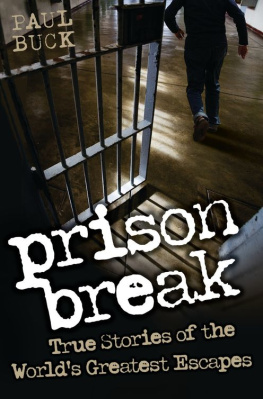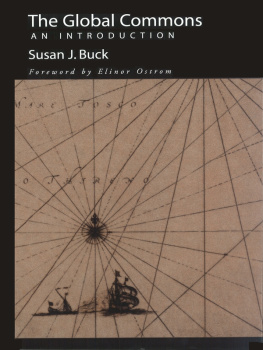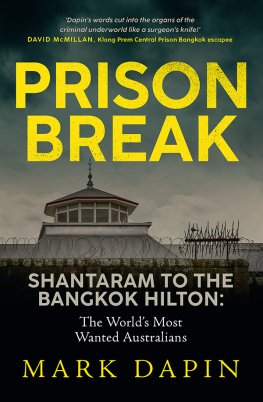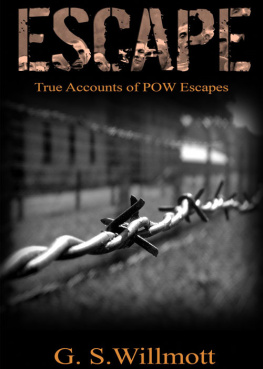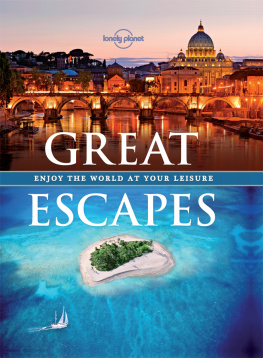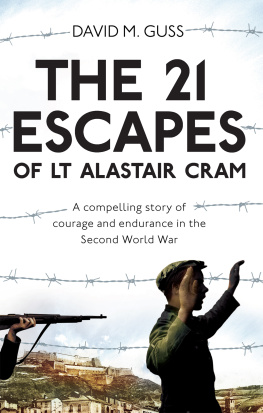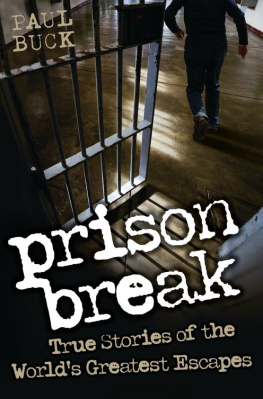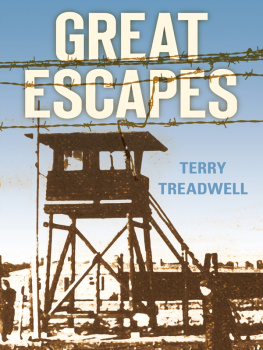O n a broad level, my thanks extend to all those books, newspapers, magazines and website resources that I have used for research, not only in recent times but over the years. Many are found in my own library, but I have also turned to the London Borough of Bexleys libraries, and thank all those employed there particularly in Sidcup and Central Library for their efforts, including their search for books which were catalogued but seemed to have gone walkabout or escaped.
I would also like to acknowledge here three different friendships dating back to the 1970s: Paul Walton, the sociologist, who in those heady days turned me onto media studies, the issue of deviancy, and Psychological Survival, the research work from Durham Prison that was plainly helpful to Walter Probyn, John McVicar and others; Roger Jean Sgalat, in Lausanne, who involved me in factual crime writing; and, in Paris, Jean-Patrick Manchette, with whom I shared hours of dialogue and correspondence on crime and crime writing.
Back further, perhaps I should note my class year at a Catholic grammar school in the late fifties and early sixties for opening my eyes to criminal matters and helping to create my own inclinations, way before I discovered ideas through Colin Wilson, Albert Camus and Georges Bataille, to name but a few barbed wires.
To return to this particular book: my thanks to Cass Pennant, the publisher, who responded directly to my proposition; to Paul Woods, who instigated my involvement, helped pursue contacts, and indeed provided an interview that gives fresh information, as well as making editorial contributions; to others, some of whom are named in the text but who may not want to be named here though I think Patsy Fleming, Dennis Woods, Terry Dunford, Beryl Smith and Terry Smith will not mind being credited for their help. And thanks also to Colin Lane for coming to the rescue over a problematic tape.
And finally to my wife, Catherine, who, as always, helped with my research and also diligently read and contributed to all aspects of what Ive written. To her, my deep gratitude and love. This book is dedicated to her.
A s the prisons of Britain grow desperately overcrowded, now is the time to consider escape. In fact, it would be morally irresponsible not to consider it, for when the authorities state that they must break the rules, the safety limits, to house all their miscreants, it becomes necessary to talk about escape as a way to safeguard the mental and physical wellbeing of those incarcerated in our prisons.
Unless, that is, you wish merely to damn them and leave them to their lot. If so, this is not the book for you.
Perhaps, too, we should reconsider the point of additional sentences for those recaptured after their escapes, unless they have committed other offences in the process. In some countries, it is legally acceptable to seek to escape because it is regarded as only human to do so.
The focus of this book is notorious escapes, or great escapes, but only those of civilian prisoners. The idea is not to document escapes from the PoW camps of World War Two, for example, no matter how spectacular and heart-stopping many of them happen to be. Undoubtedly, we think of the Great Escape itself, Colditz and the Wooden Horse as part of our history, so much so that the accounts of civilian escapees since 1946 regularly refer to those historic wartime episodes, either because they were inspired to take on board particular details for their own escapes, or because the spirit and courage of the wartime escapees have fired successive prisoners with a sense of their own personal challenge. Steve McQueen in TheGreat Escape echoes through so many of their stories that his image, leaping the first fence on a motorbike, would not have been out of place on this books cover even if no one here has taken that course of action as a mode of escape.
That said, I have included the IRA (Irish Republican Army) because, though a paramilitary organisation, their crimes were resolutely regarded as criminal rather than political, and thus, on the British governments own terms, they have every right to be included here. (Another approach might have included those who escaped over the Berlin Wall during the Cold War, as one could view the Eastern Bloc on the whole as a prison.)
Our focus on civilian prisoners indicates that the escapees are those incarcerated for crimes, mainly robbery or murder. However, in general, I have rarely dwelt on the details of how those included found themselves in custody, unless it becomes necessary to the narrative. Likewise, the structure of London gangland, for example, is barely taken into account, as these matters are not particularly relevant to this work.
My intention has been to explore how the prisoner escaped, not to pursue the reason why. That would be another book in itself, and would include such reasons as: refusal of permission to attend a family funeral; to spend a few days with the family, wife or girlfriend, particularly if there was turbulence in the relationship; to prove ones innocence; or to carry out a job thats been lined up which will set the prisoner up for life (or so he hopes) as well as the fundamental reason that people do not want to be imprisoned. Such a book would also have to explore strategies and stratagems to prevent escape.
This is a book about the escapee who thinks of little other than escape from the moment he is confined, as well as those who take the opportunity when it arises be it a rope dangling over the prison wall or a door left unlocked, or open.
Why some people should escape while others do not is far from discernible. Some prisoners have observed that if someone is imprisoned for short spells they tend not to try to escape, whereas those same people may react more dramatically against a long sentence. Perhaps there is no real answer, but we can glean an insight or two as we examine individual cases.
Alfred Hinds, a master of escaping, summed up his observations thus: The vast majority of prisoners are resigned if not content to do their bird. Some will escape if the chance is handed to them on a plate. But all they want is a brief taste of freedom; for instance, the chance to spend a few days with their wife or girl-friend. It usually is a brief taste, because they have no organisation and its almost a relief to them when theyre recaptured. Then theres a small hard core of determined men who will plan an escape and go through with it. These are usually prisoners with long sentences of P.D. [preventive detention] but nothing to come out to. If a professional criminal has managed to salt away some loot, hell accept a sentence of five years or even more. If he hasnt, hell want to get out and pull off a big job, after which he wont mind too much being re-arrested. In his curious logic, he accepts his sentence as a just reward. The snag is that, if caught, he gets another and longer term of imprisonment.
This book has primarily been an adventure in unravelling the different approaches to escape. I am not sure that, like many an escapee, I knew where it would lead, if I would draw any conclusions, or if I would end up back at the beginning. But I suspected that, in the process, I would discover something about my attitude to the issues raised. Perhaps one cannot ask for more. Perhaps this is what I want for the reader.
Here you will find escapes that begin in the cell, the showers, the laundry, the mailroom, the yard. Here you will discover those who go over the wall, under the wall, through the gate. Here you will see helicopters at work, or transit vehicles brought to a halt. Here you will find the planned escape, as well as the opportune escape. And you will witness the escape of the loner who does not require the involvement of others or that of the escapee who requires help from fellow inmates, or from an insider, like a corrupt officer providing tools or weapons. Or from the friends and relatives who smuggle in requested items, or provide getaway cars.

